To provide the best experiences, we use technologies like cookies to store and/or access device information. Consenting to these technologies will allow us to process data such as browsing behaviour or unique IDs on this site. Not consenting or withdrawing consent, may adversely affect certain features and functions.
The technical storage or access is strictly necessary for the legitimate purpose of enabling the use of a specific service explicitly requested by the subscriber or user, or for the sole purpose of carrying out the transmission of a communication over an electronic communications network.
The technical storage or access is necessary for the legitimate purpose of storing preferences that are not requested by the subscriber or user.
The technical storage or access that is used exclusively for statistical purposes.
The technical storage or access that is used exclusively for anonymous statistical purposes. Without a subpoena, voluntary compliance on the part of your Internet Service Provider, or additional records from a third party, information stored or retrieved for this purpose alone cannot usually be used to identify you.
The technical storage or access is required to create user profiles to send advertising, or to track the user on a website or across several websites for similar marketing purposes.
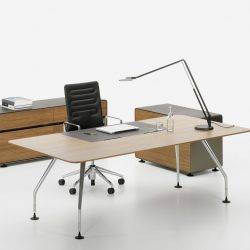 Because we are now so immersed in technology, we can sometimes forget just how young the Internet is. It was only in 1995 that the final barriers to its full commercial development were removed. In 1994, the number of people using it worldwide was estimated at around 20 million, there were under 15,000 company websites and the UK had one ‘cybercafe’. Even so, there was something in the air. A sense that everything was about to change – and change spectacularly.
Because we are now so immersed in technology, we can sometimes forget just how young the Internet is. It was only in 1995 that the final barriers to its full commercial development were removed. In 1994, the number of people using it worldwide was estimated at around 20 million, there were under 15,000 company websites and the UK had one ‘cybercafe’. Even so, there was something in the air. A sense that everything was about to change – and change spectacularly.






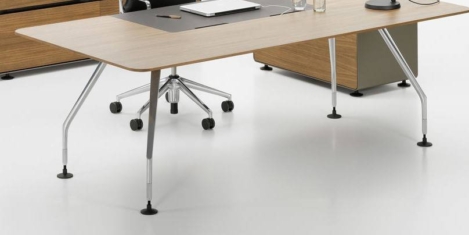


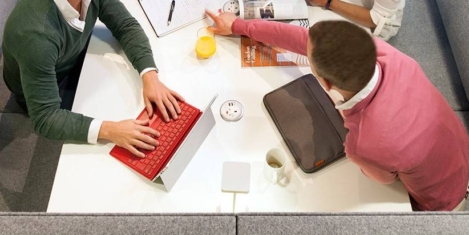
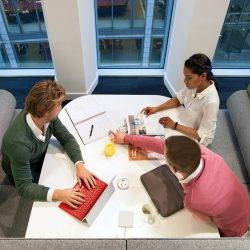




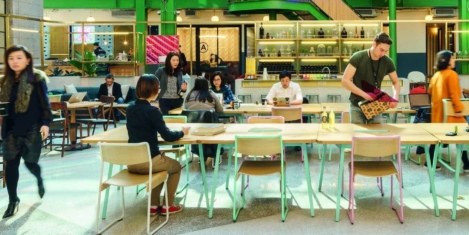
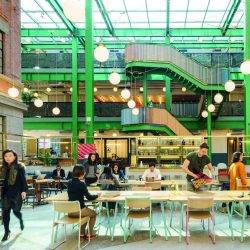


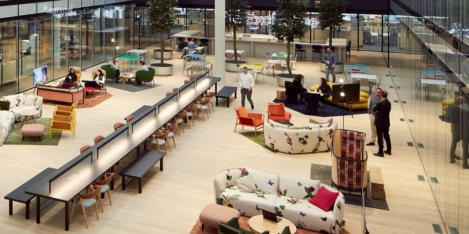
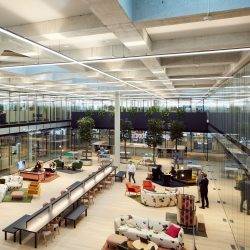


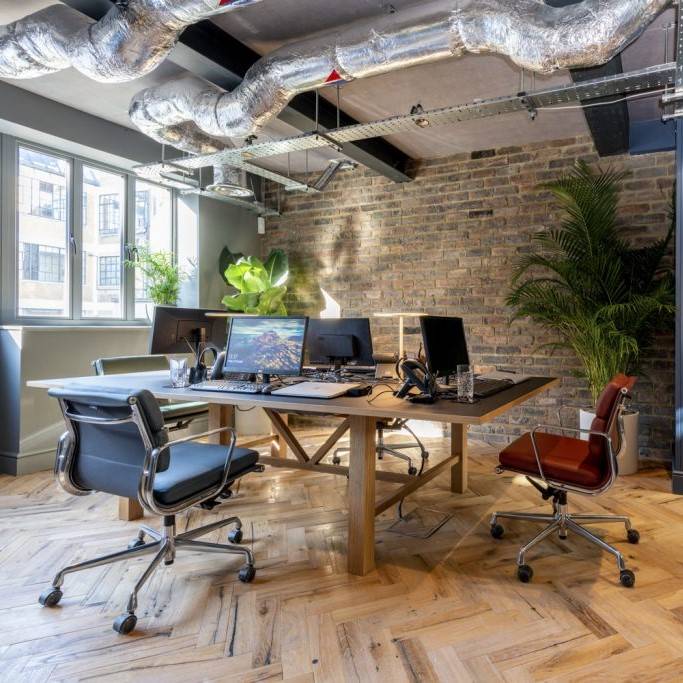
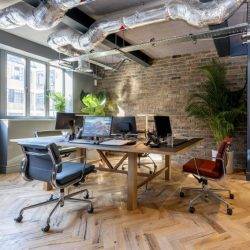











April 3, 2019
Coworking and a new golden era for the workplace and the people who inhabit it
by Gary Chandler • Comment, Coworking, Workplace design
(more…)